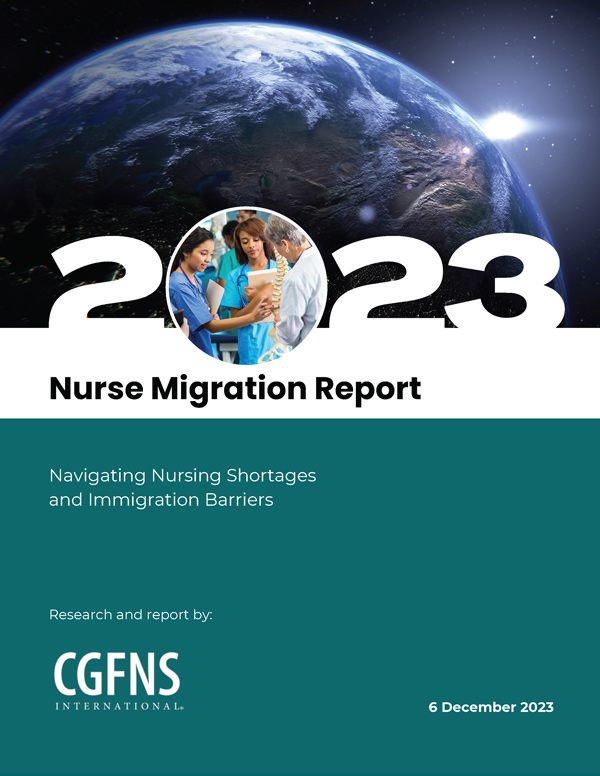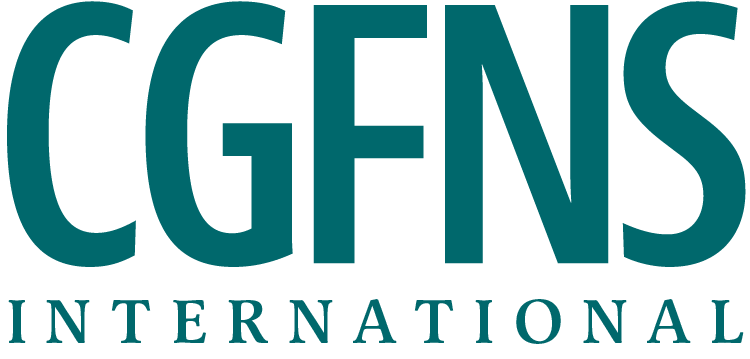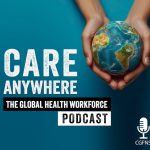Please select the appropriate button below to go the portal login based on your service need.
2023 Nurse Migration Report – Webinar
Hear from the experts at CGFNS who share insights on this year’s nurse migration numbers and what the implications mean for the industry, especially at a time when critical workforce shortages are challenging health systems worldwide.
Speakers:
- Peter Preziosi, PhD, RN, CAE,
President and CEO, CGFNS International - Mukul Bakhshi
Chief Global Affairs Officer, CGFNS International
Q&A
The U.S. State Department Visa Bulletin provides information regarding the cut-off dates which govern visa availability in numerically limited visa categories and other immigrant visa related information.
As per the most recent Visa Bulletin (December 2023), the following visa priority dates were identified for EB-3 visas, the most common visa used by nurses: India (May 1, 2012, or 11.6 years), China (January 22, 2020, or 3.9 years), the Philippines/Rest of World (RoW) (December 1, 2021, or 2 years).
Past, current, and future Visa Bulletins can be viewed at: https://travel.state.gov/content/travel/en/legal/visa-law0/visa-bulletin.html
This week, a bill (HR 6205 Healthcare Workforce Resilience Act) was reintroduced in the House that would alleviate the U.S. health workforce shortage by providing additional visas for nurses and physicians.
CGFNS engages with key government stakeholders working in health worker immigration. Our value to these groups is serving as a thought leader and contributing data where it is sorely needed.
Regarding pending and future legislation advocating for visa reform, visa recapturing, etc., our data, such as that laid out in the Nurse Migration Report, can enable those stakeholders debating these issues at the legislative level to make informed, data-driven policy decisions. While CGFNS may endorse bills supporting the health workforce and integration, CGFNS has no position on any bill related to visa availability currently.
CGFNS International recognizes the severe shortage of healthcare professionals, particularly in developing regions, and also acknowledges the individual’s right to migrate and work in safe and fulfilling environments.
While CGFNS is not involved in the recruitment of healthcare professionals, we advocate for ethical international recruitment practices that protect the individual from bad actors and vulnerable regions from over recruitment. This work is done primarily through the CGFNS Alliance for Ethical International Recruitment Practices, and its Healthcare Code for Ethical International Recruitment and Employment Practices.
Our aim is to facilitate the recognition of qualifications, support professional development, and advocate for policies that enable healthcare workers to excel in their chosen fields, regardless of their location.
Typically, those nurses and healthcare professionals applying for CGFNS VisaScreen® are only seeking work in the United States. This is due in part to the laborious U.S. immigration and visa process that encourages labor immigrants to seek permanent migration pathways. In some cases, health professionals may begin the U.S. process, but then begin the process for another country when they understand the extent of delays.
Anecdotally, we know that the U.K. as well as other countries like the U.A.E., are typical pathway or “transit” countries for nurses on their journey to Canada and the United States.
However, CGFNS does not possess specific data around this as we do not collect nationality data for our VisaScreen® program.
For more information on this topic, below are several academic research manuscripts developed by Dr. Julia To Dutka, Global Assessment Strategist, CGFNS International, and a panel of global subject matter experts.
To Dutka J., Kovic M., Mauk K., & Oliver R.E. (2021). “Global Certification: A Transformative Approach to Building the World’s Rehabilitation Health Workforce”. J Rehab Therapy; 3(1):21-30
To Dutka, J., Gans, B.M., Bracciano, A., Bharadwaj, S., Akinwuntan, A., Mauk, K., Akinci, F., & Oliver, R. (2023). “Delivering Rehabilitation Care Around the Word: Voice From the Field.” Archives of Physical Medicine and Rehabilitation. 104: 1385-93.
To Dutka, J., Oliver, R.E., Akinci, F., Beissner, K., Bharadwaj, S.V., Brandt, L.C., Curtis, C., Gunter, C.D., Henzi, D.L., Kovic, M., Winistorfer, W.L., Wong, M.S., & Pinto Zipp, G. (2021). “Global Rehabilitation Health Worker Certification: Global Agenda, Local Imperative.” Journal of Allied Health. Spring; 50(1):3-8.
CGFNS International does not set the English Language Proficiency (ELP) requirements for nurses and healthcare professionals. For its VisaScreen® program for immigration, CGFNS follows the tests and scores determined by the Health Resources and Services Administration (HRSA) within the U.S. Department of Health and Human Services. Based on current data, CGFNS is not considering exemptions for healthcare professionals from the Philippines at this time. More broadly, CGFNS is collaborating with HRSA to review exempt countries.
For the Credentials Evaluation Service (CES) reports for state licensure, CGFNS follows the ELP guidelines, including waivers/exemptions, determined by the applicable State Boards of Nursing.
Supporting learning and career development, including increasing the capacity of nursing students and faculty, is one of the key strategies required to solve the global shortage.
Beyond international requirement and migration, tangible investment in upgrading domestic health workforces is needed to tackle burnout and turnover, and to enable nurses to work at their highest capacity. Examples include investments in nursing education, domestic recruitment, continuing professional development, specialization, certification, and educational portability.

The CGFNS 2023 Nurse Migration Report offers a data-driven window into the career mobilization of global nurses seeking jobs in the United States.
Download your free copy today.
View Only
(Report Snapshot)







